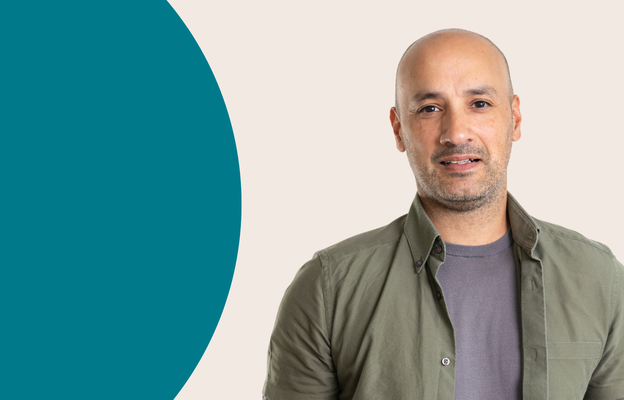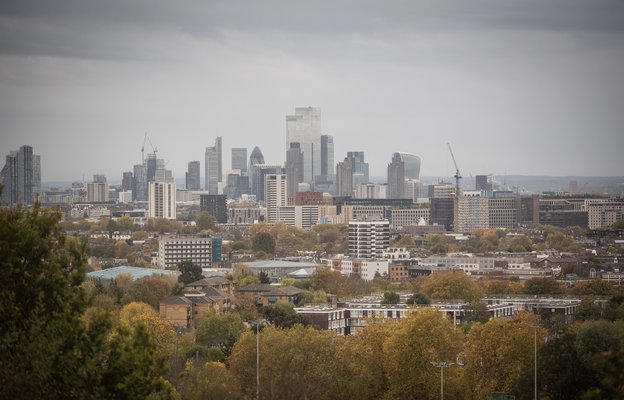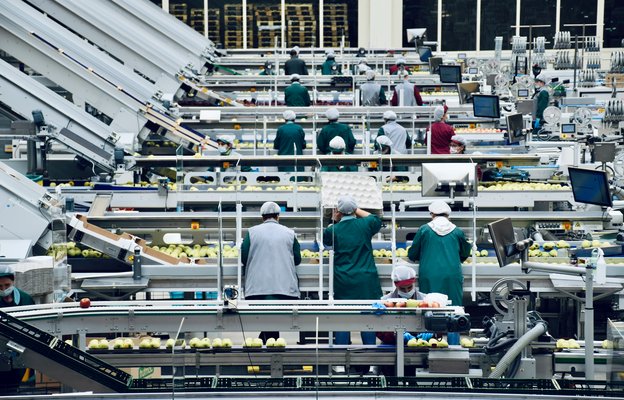When the Labour government took office just over a year ago, there was real optimism about the potential improvements the change in leadership could bring.
In the wake of the election, we argued that there was an opportunity to reset the conversation about poverty in this country – but asked if we would see the kind of action needed.
Ahead of this Autumn’s budget and much anticipated child poverty strategy, we explore what progress has been made so far on reducing inequality and tackling poverty, through the lens of each of our priority areas.
Tackling the housing crisis
At a glance: We welcomed the government’s flagship £39bn, 10-year plan for affordable and social housing. But the scale of the crisis means that more is needed. And the benefits of this step will take many years to be felt.
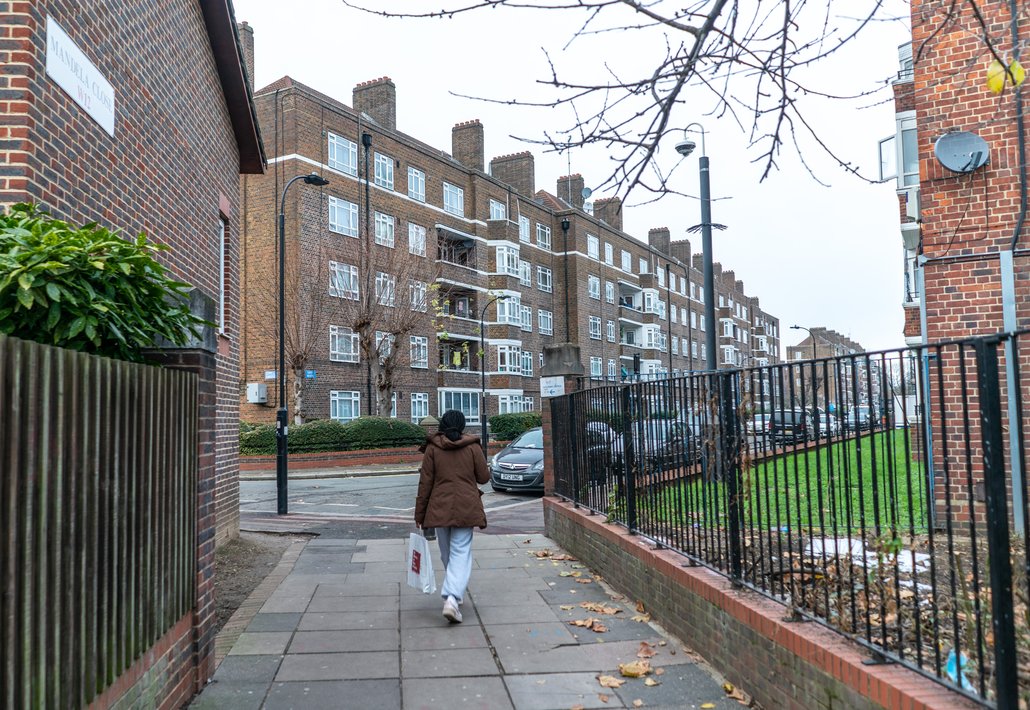
Housing is London’s defining issue. Homelessness is at emergency levels – rough sleeping has tripled in three years, and about 1 in 50 Londoners are in temporary accommodation. We can’t begin to think about tackling poverty in London without looking at housing.
So we welcomed the government’s flagship £39bn, 10-year plan for affordable and social housing, including a commitment that 60% will go toward building socially rented homes.
Around £11.7bn of that will come to London and could start to make headway against the city's housing crisis.
The scale of the crisis does mean that more is needed. And the benefits of this step will take many years to be felt. Immediate relief must come from policies like the Renters Rights Bill, which will end no-fault evictions – a driver of homelessness – and give greater protection to tenants. We urge the government to ensure strong regulation and enforcement to follow.
Outside of this much needed legislation, there’s been little that will support the many, many households struggling right now.
A new homelessness strategy is expected, but without vital clarity on scope. And while we’re encouraged by the shifting focus towards preventing homelessness, Londoners living without even the basics need urgent and comprehensive commitment to end the homelessness crisis.
To do otherwise risks costly, long-term harm to people’s health, education and prospects – and will only increase the burden on public finances.
Improving social security
At a glance: Incremental improvements like free school meal expansion are positive, but scrapping the two-child limit remains the key priority.
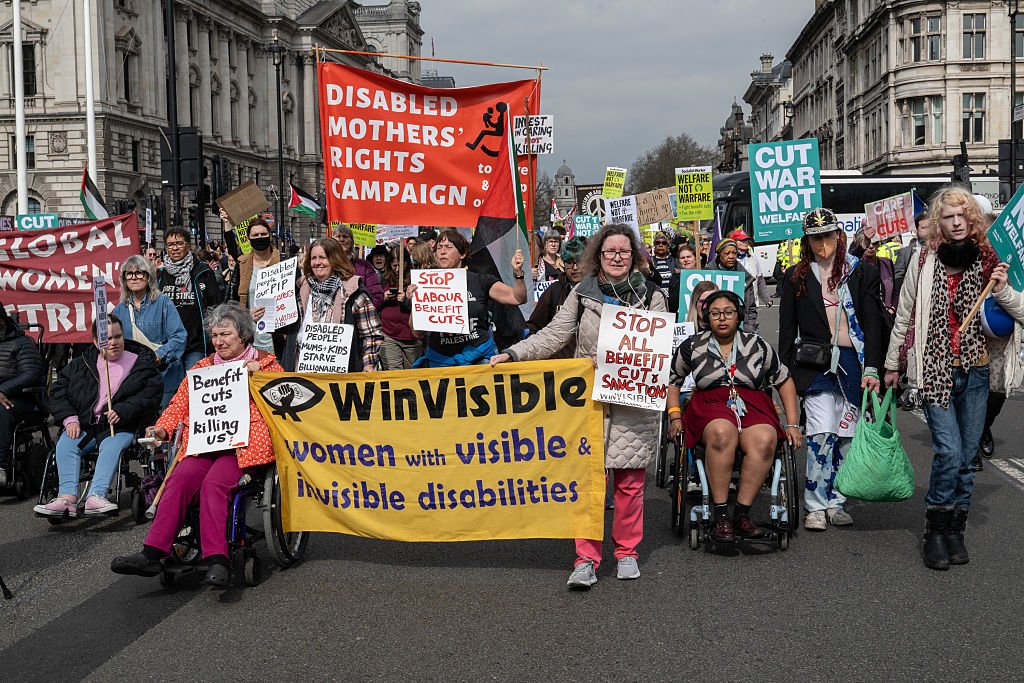
Our social security system should be a lifeline when people need it most. But for too long, it’s been inadequate and punitive.
The government has so far made some positive steps. Tens of thousands more children now get a free school meal each day thanks to the extension of free school meals to all families on Universal Credit.
Ministers also announced a new multi-year Crisis Support Fund (replacing the Household Support Fund) to help councils provide emergency grants for basics.
And importantly, they capped the amount of debt that can be clawed back from Universal Credit payments. This will help boost the incomes of the many vulnerable households that have seen large chunks of their benefits deducted for debts.
These changes should be celebrated. They’ll have a real positive impact on people’s lives.
But despite this, when it comes to the big levers of change, we’re yet to see decisive action. Tweaking an already failing system isn’t enough.
Nowhere is this more glaring than the two-child limit. This policy alone pushes hundreds of thousands of children into poverty. Scrapping it could lift 300,000 children out of poverty overnight. No other single change would have such immediate and far-reaching impact.
If this government is serious about ending child poverty, this is where it must start. The Child Poverty Strategy due in the Autumn will be a key opportunity to see what action will be taken.
At the same time, civil society groups throughout the UK were deeply concerned this year by proposed cuts to disability benefits. Cuts widely accepted as unjust, likely to entrench poverty, harm health and be ineffective in driving employment. If the cuts had gone ahead, estimates suggest an estimated 400,000 people would be pushed into poverty.
Under sustained pressure, the government backed down on its most controversial aspects to the proposals. But concerns remain, which we’ll explore next.
Disability justice
At a glance: The government's u-turn on welfare benefits underlined the importance of genuine engagement with Disabled people in shaping future reforms.
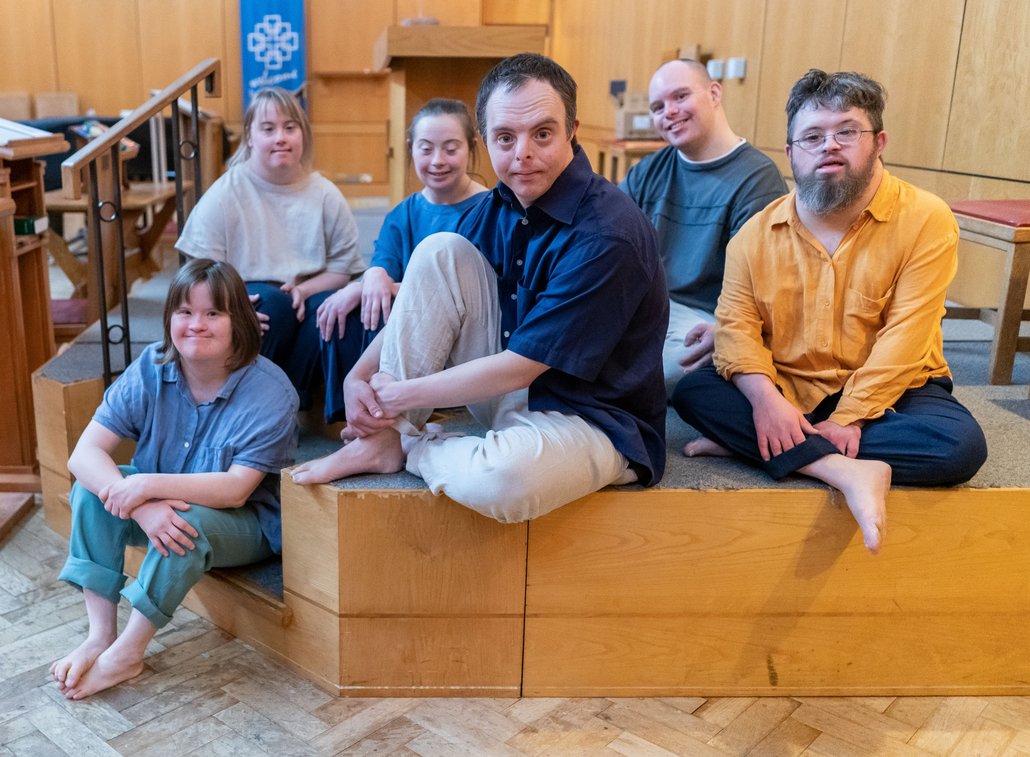
A third of families with a Disabled person in London live in poverty. Disabled women, in particular, have been disproportionately affected by tax and benefit changes and public spending cuts since 2010, leading to a significant drop in their living standards.
It’s clear that welfare reform is urgently needed, and disability justice is a priority for any government hoping to build a fairer society. But effective reform can only happen if developed in partnership with people affected.
In March this year, £5 billion worth of cuts to disability benefits, particularly targeting Personal Independence Payments, were proposed in the Pathways to Work green paper, alongside other proposals. There was no meaningful consultation. It’s no surprise that there was a huge outcry.
Thanks to sustained advocacy from Disabled people-led organisations across the UK—along with opposition from within the Government and Labour MPs—plans to tighten PIP eligibility for existing claimants were officially scrapped. Any reforms will now apply only to new applicants.
This episode has underlined the critical importance of genuine engagement with Disabled people in shaping policy. Encouragingly, there are signs that the government is now committed to closer consultation with Disabled people and DPOs on future reforms.
However, all eyes are on the Stephen Timms PIP review to see whether it will be truly co-produced - or merely pay lip service.
Decent work
At a glance: The Employment Rights Bill could transform worker protections, but its success depends on strong, effective implementation.

London may be one of the wealthiest cities in the world, but many of its workers live in poverty, trapped in low-paid, insecure and exploitative work.
There’s progress on this issue, with a new Employment Rights Bill in the works, that could significantly improve protections for workers.
The new bill includes the creation of a Fair Work Agency (FWA) – a single enforcement body for workers’ rights such as holiday pay, sick pay and the minimum wage. This is a promising move to clamp down on exploitation.
But the proof will be in the pudding. To be effective, the agency must be accessible, responsive and trusted, especially by those most vulnerable to exploitation. That means enabling confidential reporting, working closely with trade unions and community groups and ensuring multilingual support.
The government has also come to power at a time when technology is reshaping the labour market. AI and algorithmic management threaten to entrench insecurity, particularly for low-paid workers, as our partners Institute for the Future of Work explore here.
We need to see more concrete action to regulate these tools in the workplace. Protecting workers’ rights in the digital age must become a core part of the employment agenda.
Racial justice
At a glance: Some promising steps have been taken, but the government must listen to the new Race Equality Engagement Group and act on its insights.

In London, Black and minoritised Londoners are twice as likely to be in poverty than their white counterparts.
At the same time racial justice is facing a difficult moment, with a global backlash against ‘Diversity, Equity and Inclusion (DEI)’.
The government rarely uses the phrase ‘racial justice’ explicitly. Instead, it tends to frame its work under broader umbrellas like “equality of opportunity” or “community wealth building,” which can dilute the focus on addressing structural racism.
That said, there have been some positive developments. A new Race Equality Engagement Group chaired by Baroness Doreen Lawrence (a highly respected campaigner and mother of Stephen Lawrence) has been set up.
The group aims to bring the lived experiences of ethnic minority communities directly into policymaking and is an encouraging sign. But ultimately its success will depend on how far the government is willing to act on its insights.
The new Race and Disabilities Equality Bill, expected to come into force next year also demonstrates a commitment to mandatory ethnicity pay gap reporting, as well as similar reporting for disability.
It won’t close pay gaps overnight. But making large employers publicly report their pay gaps by ethnicity could be a catalyst for further action, and shine a light on racial inequalities in workplaces in the same way gender pay reporting has done.
Ending migrant destitution
At a glance: We need a huge shift in dominant public narratives surrounding immigration, and leadership from the government on this.
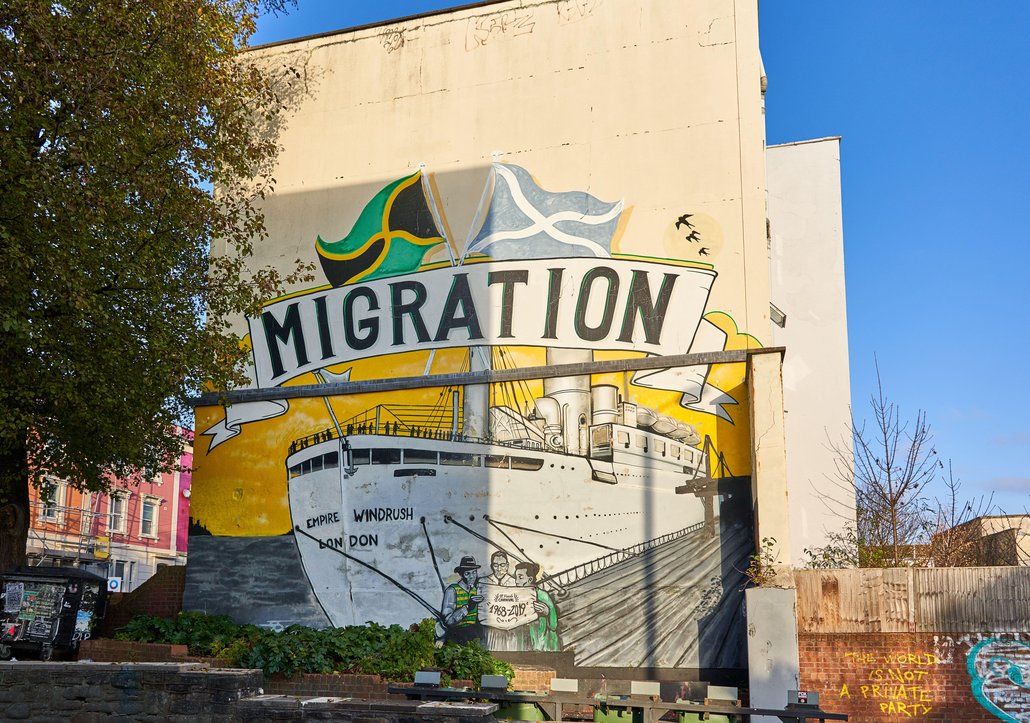
London wouldn’t be London without its rich history of migration. But despite the huge economic and cultural role that migrants play in the city, many are driven into poverty and made to feel unwelcome by hostile and restrictive policies.
These policies have damaging impacts – not just on migrants themselves, but on the whole country’s economy. The hostile environment means that fewer international university students stay after they graduate and the country doesn’t benefit from the skills of those trained in its universities.
We’re also, like many of our partners, concerned by the resurgence of anti-migrant protests outside asylum accommodation, which can be deeply distressing for those seeking safety in our country.
They serve as a reminder that we need a huge shift in dominant public narratives surrounding immigration, and leadership from the government on this.
The government has committed to speeding up visa application processes. Considering huge backlogs, this is much needed, but speed must not come at the cost of fairness or human rights.
Finally, we must roll back some of the most inhumane and unfair aspects of the immigration system.
For example, the ‘No Recourse to Public Funds’ condition placed on many migrants’ visas traps people in poverty without access to basic financial support.
As well as deeply unfair, the NRPF policy pushes many into poverty and ends up costing taxpayers more, by passing on the burden of support to local authorities.
Ending the poverty premium
At a glance: Steps in the right direction, but the government must turn good intentions into policy.
People on low incomes often end up paying more for basic goods and services that we all rely on, like financial services and insurance. This is called the ‘poverty premium’ - which averages about £444 extra per year for each low-income household.
The government has taken steps in the right direction, establishing a Financial Inclusion Committee and looking at ways to improve access to affordable financial products and credit.
It’s also exploring social tariffs for energy and broadband and investing in community energy. But regulatory barriers still prevent local initiatives from reaching those who would benefit most.
The next step must be turning good intentions into policy. That means working with regulators to “design out” the poverty premium in essentials like credit and insurance, so that people aren’t penalised for being poor.
The challenges facing London - and the country - are urgent and deep-rooted. Some of the government’s first steps have been promising. But in many areas, progress remains slow, overly cautious, or too small in scale.
The child poverty strategy, due this autumn, will be the next big test. It must show that the government is serious about delivering on its promise to tackle poverty and that it’s willing to take the crucial decisions needed to bring about change.
Scrapping the two-child limit would be a good place to start.
